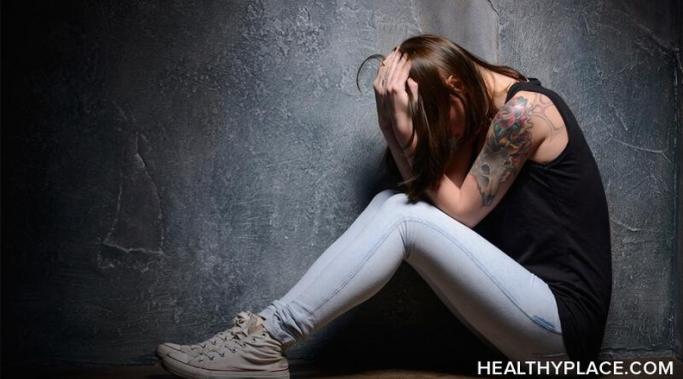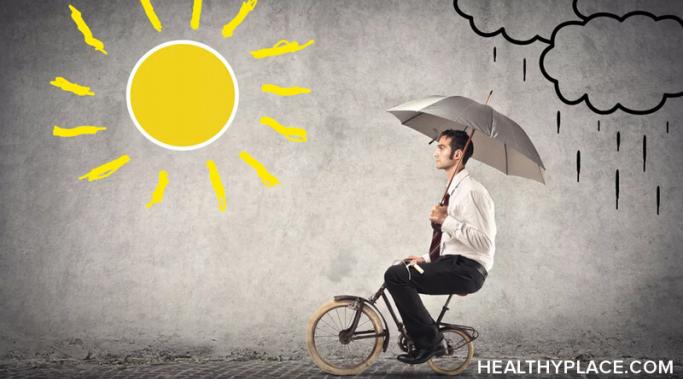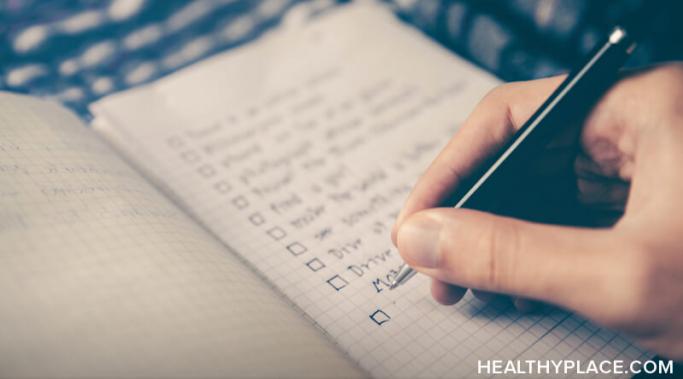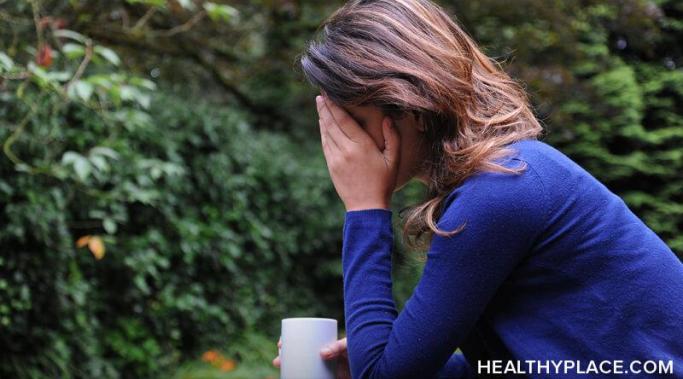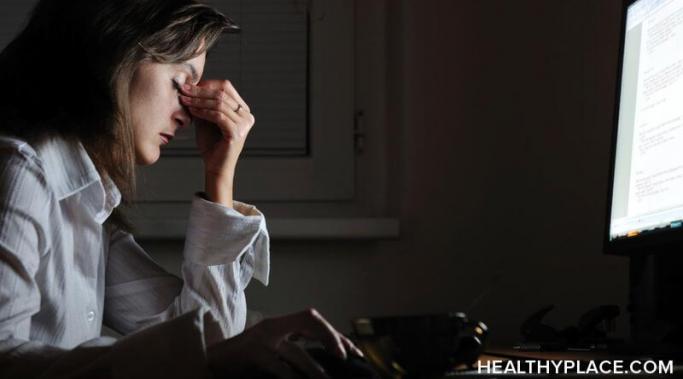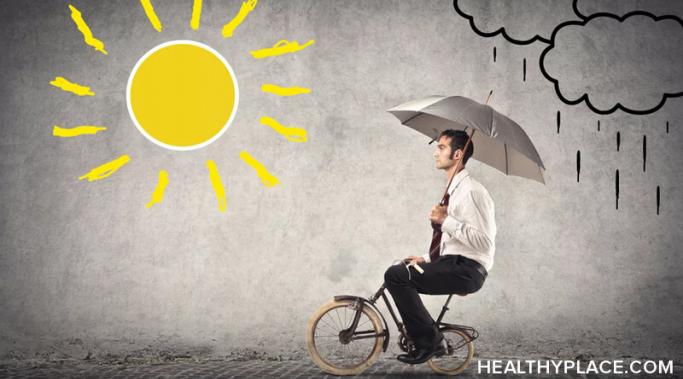How do you cope with depression at work? After all, depression is hard enough to deal with by itself, add a stressful job to the mix and life can get very hard very soon. It is important for any individual with depression who is able to hold down a job to learn some coping mechanisms to help them deal with depression at work. Because just like a natural disaster, a depressive episode can hit you when you are least equipped to handle it. Let's take a look at three healthy coping mechanisms you can use to cope with depression at work. Each one of them has worked for me and I hope they work just as well for you too.
Work and Bipolar or Depression
After a busy workday, it's essential to let your mind recover and disconnect from work. Studies have shown that a healthy work-life balance benefits mental health by decreasing symptoms of depression and anxiety.
Depression brings about a lot of changes in a person's mind and body, such as feelings of apathy and hopelessness, and headaches and body pain. These changes are typically overwhelming and most of us need to rely on some coping mechanisms to be able to simply function on a day to day basis. Unfortunately, not all coping mechanisms are healthy and can harm the individual, even causing death if left unchecked. Suicidal ideation is one such negative coping mechanism that is best avoided by a depressive. (Note: This post contains a trigger warning.)
When a celebrity dies by suicide, the reports that follow tend to focus on different versions of the same question: how could someone with such an awesome life be so unhappy? (Note: This post contains a trigger warning.)
The Internet defines a depression nap as the act of a depressed person sleeping far more than what is necessary in order to avoid dealing with their depression. Naturally, that is unhealthy, not to mention impossible to do at work. For me though, a depression nap is a positive coping mechanism for depression if, and only if, the duration of the nap is limited to 20 minutes at a stretch. When a depression nap is timed and targeted in this manner, how can it be anything but healthy?
I’m Natalie Cawthorne, and I’m so happy to join the 'Work and Bipolar or Depression' blog at HealthyPlace. When I was 16, I was diagnosed with attention-deficit/hyperactivity disorder (ADHD), inattentive type, and got used to assuming that any mental health issues I faced must be related to that; and with bipolar and ADHD sharing so many overlapping traits, I think it was even easier to miss that I actually have bipolar disorder type II as well -- I was diagnosed earlier this year.
When you are at work, like any other employee, you are expected to be professional at all times. But you have something that other employees may or may not have: depression. There are some unprofessional behaviors you may exhibit as symptoms of your depression.
The term "toxic positivity" means exactly what it sounds like -- positivity taken to such an extreme that instead of being helpful, it is harmful. It manifests when people say things like "good vibes only," "other people have it worse than you," and "look on the bright side." Basically, the idea is to reject or invalidate any emotion that is not positive. This translates into an individual suppressing or ignoring negative emotions so that they can project only positive emotions at all times.
Is your job causing your depression? I get it. Work is supposed to be stressful. It's called work and not play for a reason, after all. But there's a difference between experiencing stress on occasion and experiencing stress every single day. In fact, it's possible that what you think is stress is actually depression, and that your job is what is causing your depression.
Smiling depression is when a person who appears to be happy and healthy on the outside is actually depressed and ill on the inside. A person with smiling depression wears the mask of a smile to hide the fact that he or she is suffering from depression. Now, although it sounds like these people are donning happy faces on purpose, either to avoid discrimination or judgment, there's always the possibility that they are not even aware that they have depression in the first place.


